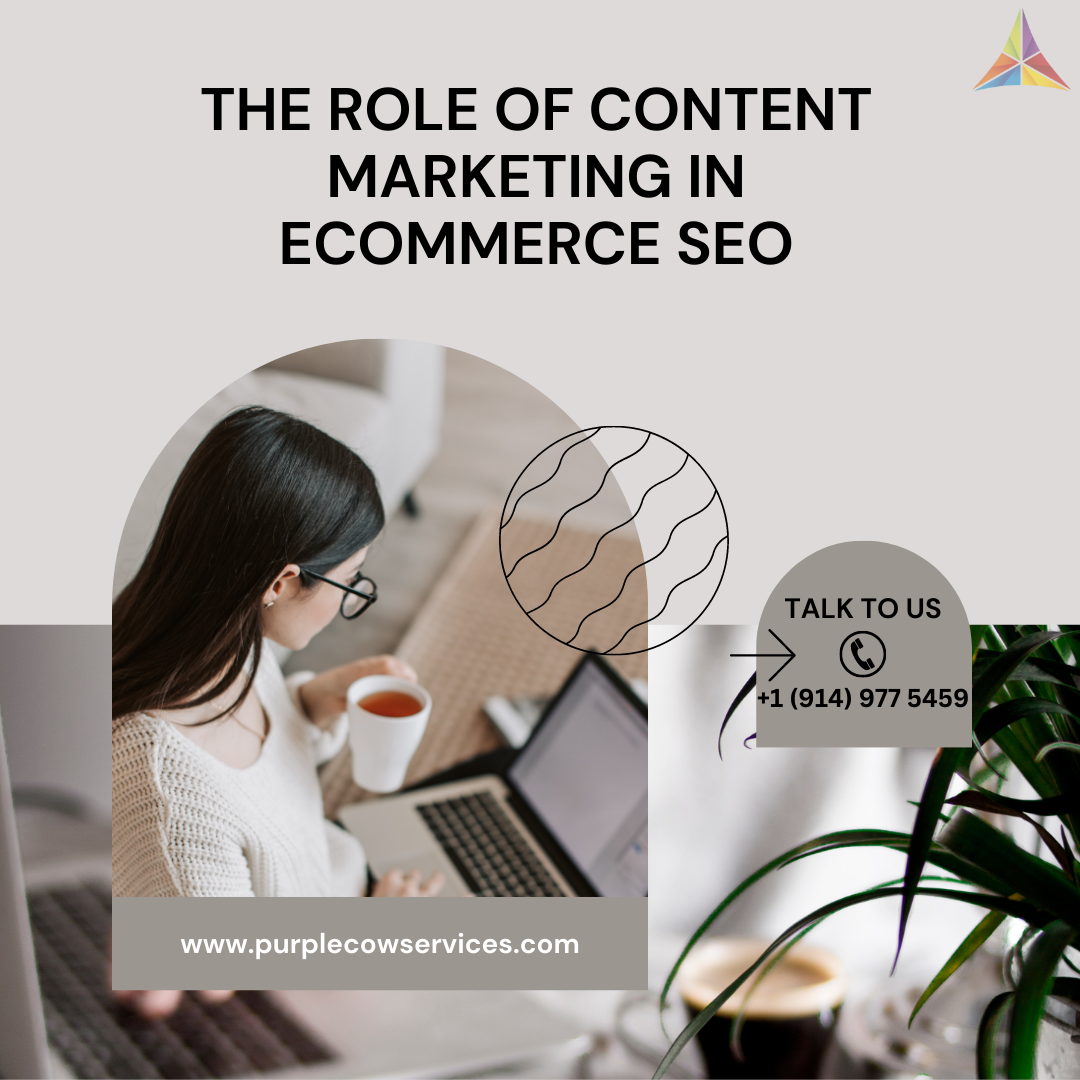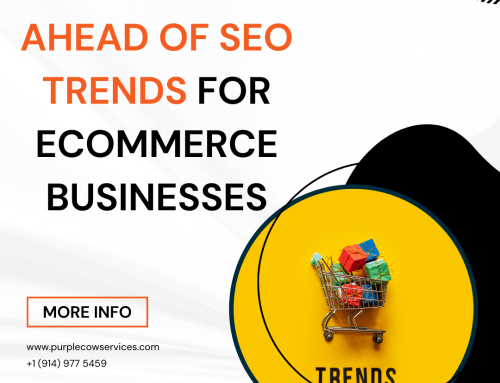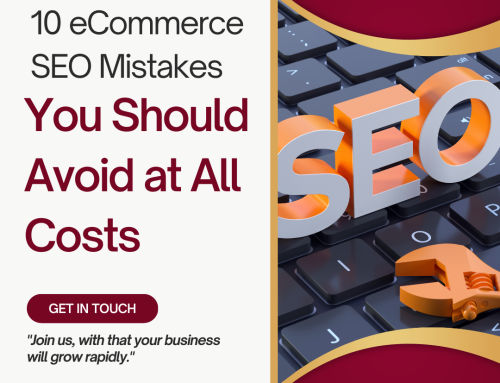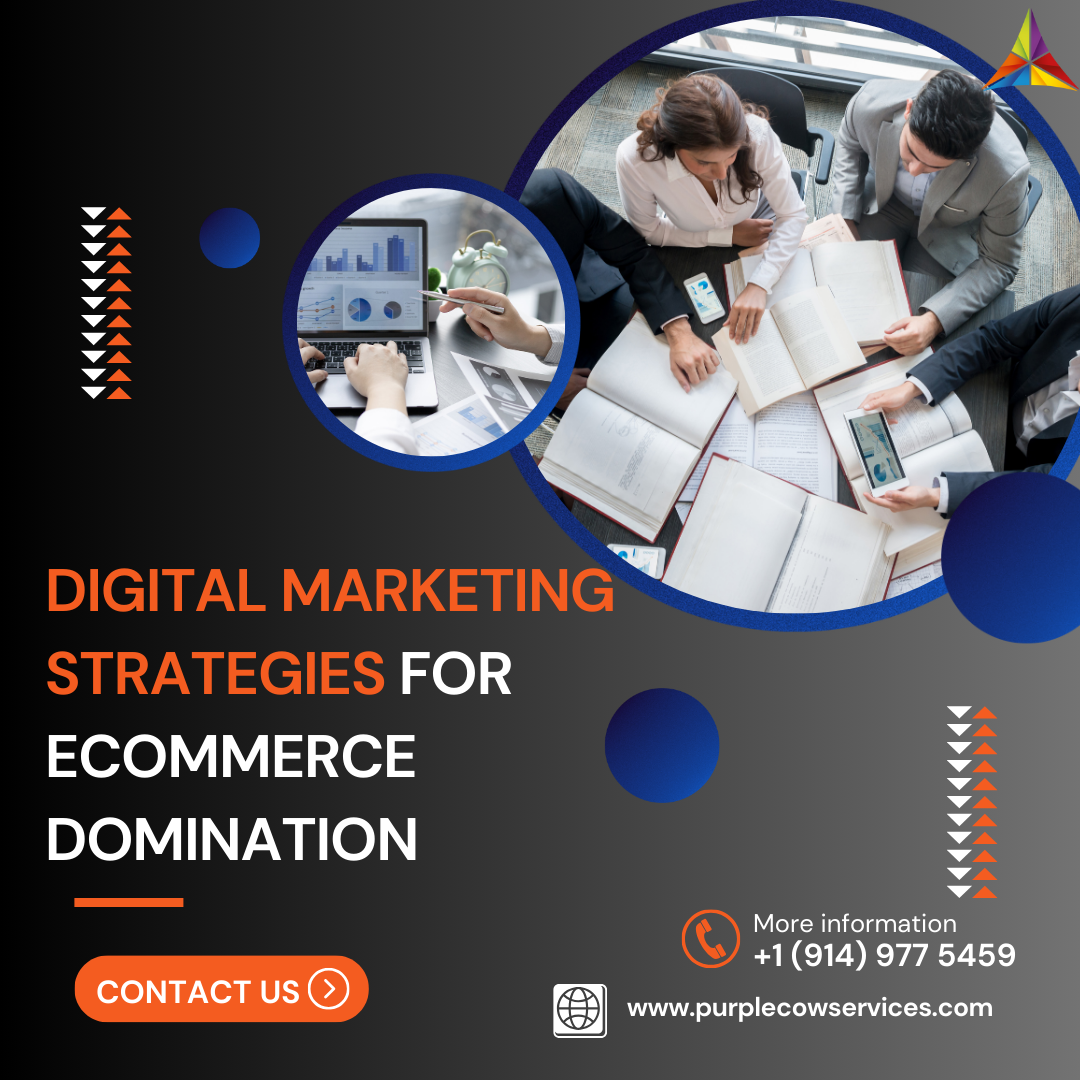Content marketing and search engine optimization (SEO) are two essential components of a successful eCommerce strategy. While SEO focuses on optimizing a website to rank higher in search engine results pages (SERPs), content marketing involves creating and distributing valuable and relevant content to attract and engage a target audience.
Share This Story, Choose Your Platform!
When combined effectively, content marketing and SEO can significantly boost the visibility, organic traffic, and conversions of an eCommerce website. In this blog post, we will delve into the role of content marketing in eCommerce SEO and explore how it can enhance the online presence of your business.
Understanding Content Marketing in eCommerce SEO
Content marketing encompasses various forms of content, including blog posts, articles, videos, infographics, ebooks, and social media posts. Its primary goal is to provide valuable information, entertain, or solve problems for the target audience. In the context of eCommerce SEO, content marketing plays a crucial role in driving organic traffic and establishing your website as a trusted resource in your industry.
Creating High-Quality, SEO-Optimized Content
To leverage content marketing for eCommerce SEO, it is crucial to create high-quality, SEO-optimized content that aligns with the interests and needs of your target audience. Here are some key considerations:
Keyword Research:
Conduct thorough keyword research to identify relevant keywords and phrases that your target audience uses when searching for products or information related to your eCommerce niche. Incorporate these keywords strategically into your content to improve its visibility in search engine results.
Compelling Headlines:
Craft attention-grabbing headlines that not only entice readers but also include your target keywords. Well-optimized headlines can improve click-through rates and encourage social media sharing, driving more organic traffic to your eCommerce site.
Engaging and Informative Content:
Create content that provides value to your audience. This could be through informative blog posts, detailed product descriptions, how-to guides, or educational videos. The more engaging and informative your content, the more likely it is to be shared and linked to by other websites, enhancing your SEO efforts.
Multimedia Integration:
Incorporate relevant images, videos, infographics, and other multimedia elements into your content. Visual content not only enhances the user experience but also increases the likelihood of your content being shared and linked to, ultimately improving your website’s SEO performance.
Internal and External Linking:
Implement internal linking strategies by linking your content to relevant pages within your eCommerce website. Additionally, seek opportunities for external linking by reaching out to authoritative websites and influencers in your industry, aiming to secure backlinks to your content. Both internal and external linking can boost your website’s visibility and authority in search engines.
Optimizing Content for Search Engines
While creating compelling content is crucial, it is equally important to optimize it for search engines. Here are some key SEO considerations for your eCommerce content:
Metadata Optimization:
Ensure that your page titles, meta descriptions, and URLs are optimized with relevant keywords. Well-crafted metadata can improve click-through rates and provide search engines with valuable information about your content.
URL Structure:
Create clean and descriptive URLs that include relevant keywords. A clear URL structure not only enhances the user experience but also makes it easier for search engines to understand and index your content.
Mobile-Friendliness:
With the rise of mobile usage, optimizing your content for mobile devices is essential. Ensure that your website and content are responsive and provide a seamless experience across different screen sizes.
Page Loading Speed:
Optimize your content for fast loading speeds. Slow-loading pages can negatively impact user experience and SEO performance. Compress images, minify code, and leverage caching techniques to improve your website’s loading times.
Schema Markup:
Implement schema markup to provide search engines with additional information about your content. Schema markup helps search engines understand the context and relevance of your content, potentially leading to improved visibility in SERPs.
The Benefits of Content Marketing for eCommerce SEO
Now that we have explored the fundamentals of content marketing and its importance in eCommerce SEO, let’s delve into the specific benefits it can offer to your online business:
Increased Organic Traffic:
By consistently creating valuable and optimized content, you can attract a larger audience to your eCommerce website through organic search. When your content ranks higher in SERPs for relevant keywords, it drives more organic traffic, expanding your reach and potential customer base.
Improved User Engagement:
Compelling content keeps visitors engaged on your website for longer periods. Engaged users are more likely to explore your product offerings, make purchases, and share your content with others. This increased user engagement sends positive signals to search engines, potentially improving your website’s SEO performance.
Enhanced Brand Awareness and Authority:
Through content marketing, you can establish your eCommerce brand as a thought leader and expert in your industry. By consistently providing valuable and informative content, you build trust and credibility among your target audience. This, in turn, can enhance brand awareness and authority, leading to increased organic visibility and customer loyalty.
Social Media Amplification:
Well-crafted content is highly shareable on social media platforms. When your audience finds your content valuable, they are more likely to share it with their followers, expanding your brand’s reach and driving additional traffic to your eCommerce website. Social media signals, such as likes, shares, and comments, can also indirectly impact your SEO efforts.
Long-Term SEO Benefits:
Unlike paid advertising, the effects of content marketing can be long-lasting. Well-optimized and evergreen content continues to attract organic traffic and generate leads even months or years after its initial publication. This sustainable approach to SEO ensures ongoing visibility and traffic to your eCommerce site.
Content Marketing Strategies for eCommerce SEO Success
To leverage the power of content marketing for eCommerce SEO, consider implementing the following strategies:
Develop a Content Calendar:
Plan your content creation and publication in advance by developing a content calendar. This allows you to maintain a consistent publishing schedule, cover a variety of topics relevant to your target audience, and align your content with seasonal trends and promotions.
Conduct Competitor Research:
Analyze the content strategies of your competitors to identify content gaps and opportunities. Look for areas where you can provide more comprehensive or unique information to differentiate your eCommerce brand and attract organic traffic.
Leverage User-Generated Content:
Encourage your customers to share their experiences, reviews, and testimonials. User-generated content adds authenticity and social proof to your eCommerce site while also providing valuable SEO benefits. Reviews and testimonials can generate fresh content and long-tail keyword variations.
Guest Blogging and Influencer Collaboration:
Seek opportunities to contribute guest posts to authoritative blogs in your industry. Guest blogging helps you reach new audiences, establish your expertise, and secure valuable backlinks to your eCommerce site. Additionally, collaborate with influencers who align with your brand to amplify your content’s reach and attract targeted traffic.
Monitor and Analyze Performance:
Regularly monitor and analyze the performance of your content marketing efforts. Utilize tools like Google Analytics to track key metrics such as organic traffic, engagement rates, conversion rates, and keyword rankings. This data will help you identify successful strategies, optimize underperforming content, and refine your overall content marketing approach.
Conclusion
Content marketing is an integral component of a successful eCommerce SEO strategy. By creating valuable, optimized, and engaging content, you can attract organic traffic, enhance brand awareness, and establish your eCommerce website as an authoritative resource in your industry. Finally, content marketing plays a vital role in eCommerce SEO by driving organic traffic, establishing brand authority, and nurturing customer engagement, making it an indispensable strategy for online business success.
Stand out from the herd with Purple Cow’s unbeatable eCommerce SEO expertise. Drive organic traffic, boost brand visibility, and engage customers like never before. Our tailored strategies and high-quality, optimized content will make your eCommerce website the talk of the town. Get ready to leave a lasting impression and achieve remarkable results.
Share This Story, Choose Your Platform!
In This Blog:

















